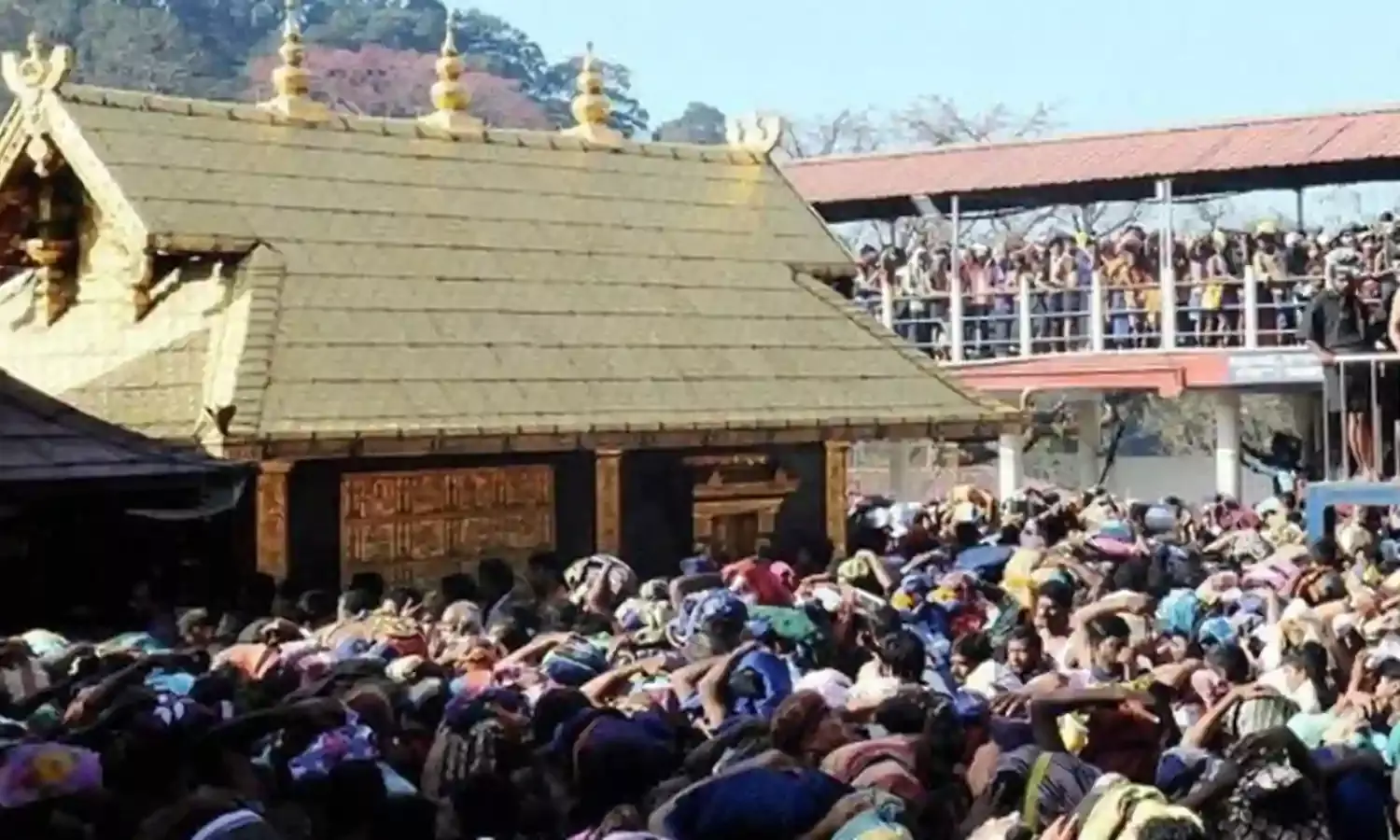'Then Let's Ban Everyone From Visiting Sabarimala'
The hollowness of arguments against the SC verdict

I have been reading various news reports and blogs on the Supreme Court’s recent verdict on the petition filed against the age-old ‘custom’ preventing women aged 10 to 50 from entering the Sabarimala temple of Lord Ayyappan.
I wanted to know the reasons cited by the temple authorities and the shrine board for implementing such a decision, and tried to make some sense of their reasoning, even if it is mythological, which might explain the existence of such a long serving tradition.
Frankly, I failed in all my attempts. All I could unearth only substantiates and fortifies the verdict of the Supreme Court.
Here are some of the reasons and explanations commonly given on social networks and blogs, in favour of continuing the ban, followed by my arguments in response:
“It is an age-old tradition. Besides, many Hindu women in Kerala are against the verdict.”
Even if all such ‘traditions’ are as old as their proponents claim, not all traditions are worth preserving. Sati was also a tradition followed for long, and going by the historical record not many women fought against it. Similarly, triple talaaq is an age-old tradition and not all Muslim women are opposed to it. So, should we simply stop debating and evolving, in the name of preserving traditions which are incompatible with the basic constitutional ideas of equality and dignity?
“Menstruating women are considered impure.”
Well, I don’t think I have anything to say about this, except that nothing in the world is purer than birth, and menstruation is the mother of birth.
“Before entering the Sabarimala Ayyappa temple, devotees visit another temple, dedicated to the goddess Malikappurathamma, who loved Ayyappan and wanted to marry him. But Lord Ayyappan had already decided to be a naishtika brahmachari, and told her he would not be able to marry her. If the time came that Kanni Ayyappans (first-time visitors to Sabarimala) stopped coming to him, he would marry her. Till then, Ayyappan did not want young women to come and see him, a decision taken because of the love and care he had for Malikappurathamma.”
This is a mythological explanation, and it is indeed a moving love story. However, Lord Ayyappan’s true love for Malikappurathamma, and our presuming his reluctance to meet women devotees in the age group of 10 to 50, are either totally unconnected or totally contradictory. Contradictory, as it exposes the weakness in our understanding of love. If Ayyappan loves Malikappurathamma, we have no right to assume that he will be distracted on seeing beautiful young women devotees. We should stop imposing our weaknesses on gods.
“Ayyappa is in the mood of a celibate. Devotees who visit him are observing vows of celibacy for some 40 days. This is probably the reason why women are historically not allowed to enter.”
On the celibate mood of Ayyappa: It is a perfect example of the objectification of women in our patriarchal society, which perceives women only as objects of sexual pleasure. And we are imposing such creepy thoughts on our gods now, which is quite simply disgusting. I don’t think Lord Ayyappa is so weak that he would find it difficult to carry on with his celibacy upon seeing young women coming to worship him. If he is indeed so vulnerable, we should ensure that no new pilgrim goes to Sabarimala any more, so that, according to his vow, he can finally marry Malikappurathamma, and we can all celebrate the victory of their love.
On the celibacy of devotees for 40 days: Well, if you can’t keep the vow, don’t take it. What about the thoughts and feelings of women devotees who do want to enter the temple? Also, let’s not forget that some men are attracted to men. So what about them?
Let’s just ban everyone from visiting Sabarimala. That way, everyone wins. Lord Ayyappa and Malikappurathamma can get married, and there will be no question of gender inequality.
(Vishal Deo is assistant professor of statistics at Ramjas College, University of Delhi).



